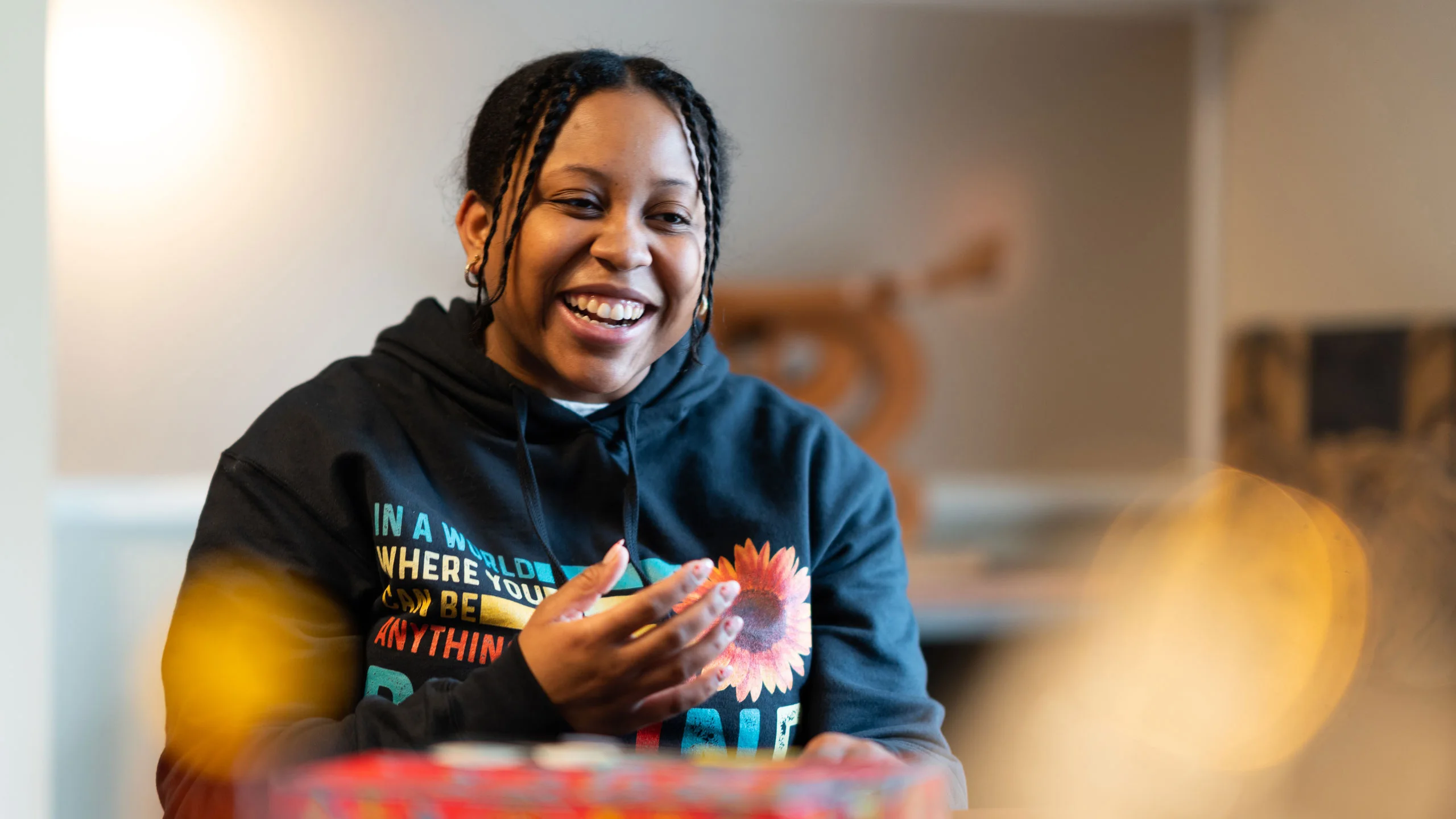
CASAA Community Discussions and Cultural Events
At CASAA, we are dedicated to providing opportunities for members of the Arcadia University community to understand diverse approaches to antiracist scholarship and advocacy. These research design workshops, led by members of the community and beyond, will introduce key terminology, theoretical approaches, and skills while affording participants opportunities to apply that thinking to their own research.
AY24-25 CASAA Community Discussions and Cultural Events
AY23-24 CASAA Community Discussions and Cultural Events
AY22-23 CASAA Community Discussions and Cultural Events
AY21-22 CASAA Community Discussions and Cultural Events
CASAA Co-Sponsored Events
The Center for Antiracist Scholarship, Advocacy, and Action (CASAA) houses the Latinx Working Group and the Indigenous Working Group to facilitate the development of diverse curricula, programming, and resources while building community around common interests/experiences. Each working group co-sponsors events throughout the year related to their central work.
AY24-25 CASAA Co-Sponsored Events
AY23-24 CASAA Co-Sponsored Events
AY22-23 CASAA Co-Sponsored Events
CASAA Race Matters Forum
The CASAA Race Matters Forum offers a vital space on the Arcadia University campus for faculty, staff, and administration to engage in dialogue about ongoing research on race, racism, and social justice as well as interrelated issues in higher education. Presenters include University faculty and staff as well as guest speakers with expertise on historic and contemporary issues of race across the globe.
AY24-25 CASAA Race Matters Forums
AY23-24 CASAA Race Matters Forums
- Department of Athletics, "Arcadia Athletics/Return on Inclusion: Eliminating Barriers to Inclusion" (05-23-24)
- Dr. Graciela Slesaransky-Poe, Zyah-Rose Fall, Ilija Chacon-Flores, and Adrianna Watkins, "'Queer Spaces on Campus are So White!': A Critical Participatory Action Research Study of Queer and Trans Students of Color Experiences in a PWI" (04-05-24)
- Dr. Angela McNeil and Mrs. Shaliyah Braxton, "Campus Climate and Culture at Arcadia: The Black Affinity Living and Learning Community" (04-12-24)
- Dr. Favian Martin and Dr. Kevin Revier, "Searching for Chloe: Plantation Ghost tourm and the Whitewashing of the American South" (10-26-23)
AY22-23 CASAA Race Matters Forums
- Daniel Mack, "Studying Black Graduate Students' Experiences of Anti-Blackness" (05-05-23)
- Dr. Matthew Cronje and Ms. Nontombi Velelo, "Decolonizing the Curriculum: A South African Perspective" (04-20-23)
- Dr. Stephen Tyson, Jr., "JLE Academy: The History & Global Impact of Hip-Hop Culture" (03-03-23)
- Dr. Hilary Parsons Dick, "Antiracist Immigration Law and Advocacy" (02-24-23)
- Rachel Kuria, Tyanna Taylor, and Samuel Wragg III, "Anti-Bias/Anti-Racism Training for NGOs" (12-08-22)
- Dr. Favian Martin and Dr. Kevin Revier, "Ghostly Images of Racism: Exploring Dark Tourism through the Lens of Ghost Criminology" (10-27-22)
- Dr. Hilary Parsons Dick, Dr. Favian Martin, Dr. Michelle Reale, Dr. Graciela Slesaransky-Poe, and Dr. Christopher Allen Varlack, "Defining our Terminology: Antiracism, Abolition, Reform, JEDI" (09-16-22)
CASAA Symposia and Research Workshops
The Center for Antiracist Scholarship, Advocacy, and Action (CASAA), in its effort to increase awareness and engagement with the projects advanced by our CASAA Scholar-Advocates and CASAA Microgrants programs, organizes symposia open to the Arcadia community and general public. These presentations examine issues of culture, race, racism, and social justice in the modern world.
AY24-25 CASAA Symposia and Workshops
AY23-24 CASAA Symposia and Workshops
- Steven McAlpine and Dr. Christopher Allen Varlack, CASAA Antiracism Research Design Workshop: “Integration or Disintegration?: Some Tools for Interdisciplinary Collaboration” (03-01-24)
- CASAA Lenape Cultural Heritage Symposium (10-12-23)
AY22-23 CASAA Symposia and Workshops
- CASAA Antiracism and Social Justice Symposium (04-10-23 to 04-11-23)
- Dr. Michelle Reale, CASAA Antiracism Research Design Workshop: “Reckoning with Race: Using Autoethnography and Poetic Inquiry as Strategies for Transformational Change” (04-06-23 and 04-13-23)

